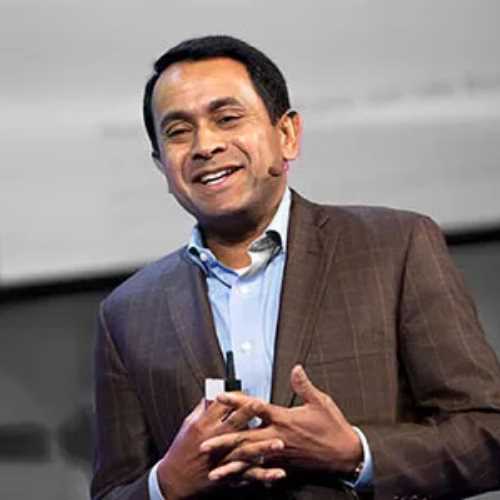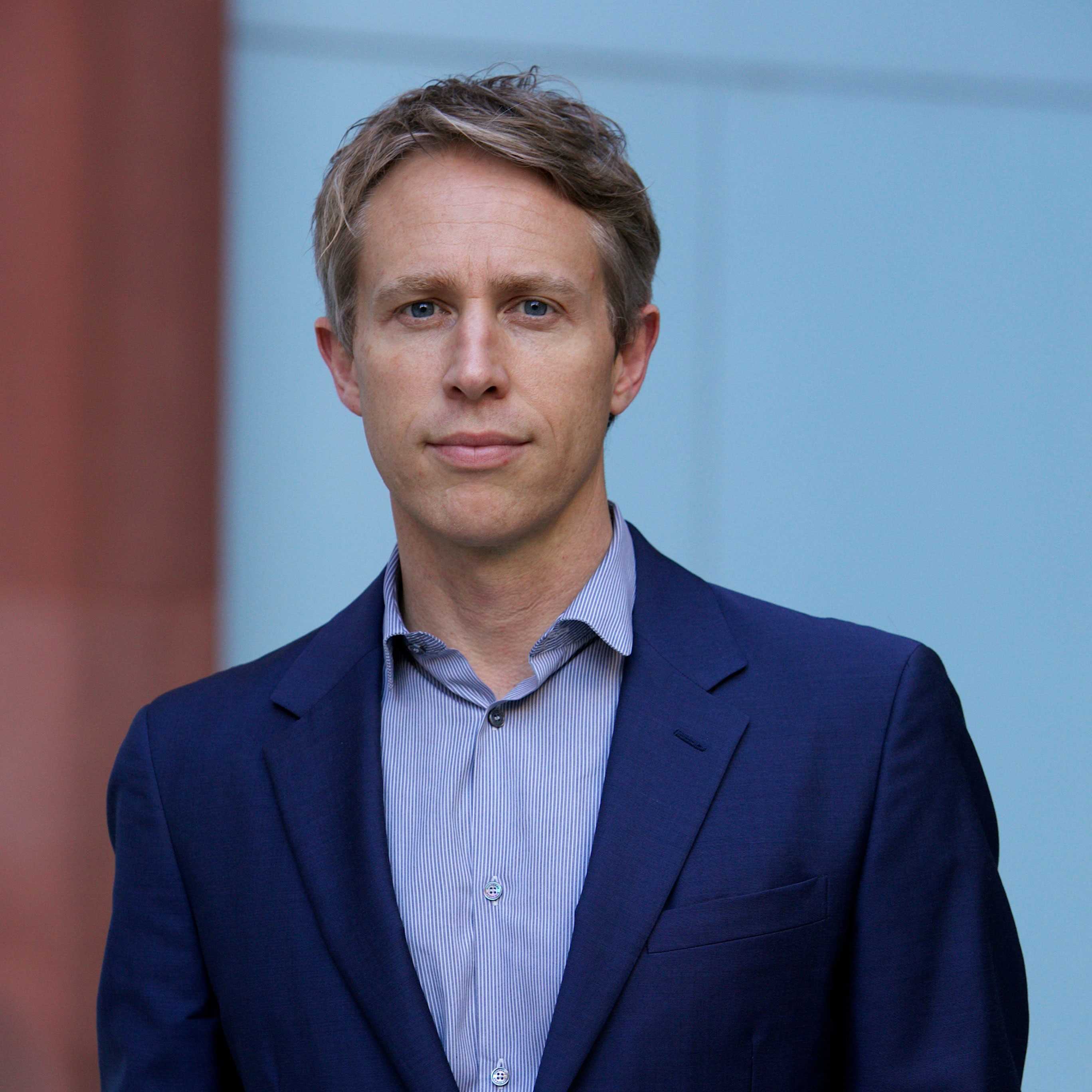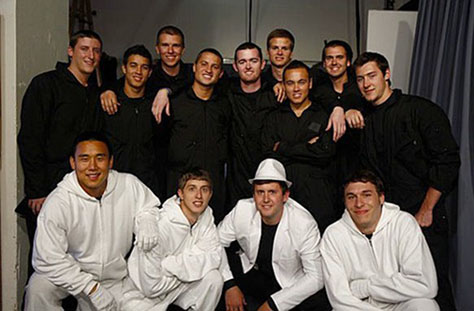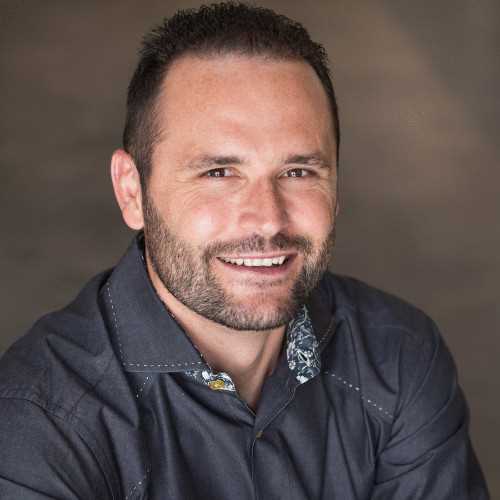Ravin Jesuthasan
- Recognized Futurist, Global Thought Leader
- Global Leader of Transformation at Mercer
- Author on the Future of Work and Human Capital
Travels From
Illinois
Ravin Jesuthasan Speaker Biography
Ravin Jesuthasan is a recognized futurist, global thought leader, and author on the future of work and human capital. He has led multiple research efforts on the global workforce, the emerging digital economy, the rise of artificial intelligence, and the transformation of work.
Ravin is the Global leader of Transformation at Mercer. He has led numerous research projects for the World Economic Forum including its ground-breaking studies; Shaping the Future Implications of Digital Media for Society, Creating a Shared Vision for Talent in the 4th Industrial Revolution, and HR 4.0: Shaping People Strategies in the 4th Industrial Revolution. He is a regular participant and presenter at the World Economic Forum’s annual meetings in Davos and Dalian/Tianjin and is a member of the forum’s Steering Committee on Work and Employment.
Ravin Jesuthasan has been a featured speaker on the aforementioned topics at major conferences around the world. He is a regular keynote speaker at global events like the Horassis Global conference, MIT’s Emtech conference, HR Tech, the World AI Summit, C2 in Montreal, Beyond HR in Amsterdam, and the Peryon People Management Summit in Istanbul among others.
He has also been featured and quoted extensively by leading business media including CNN, BBC, The Wall Street Journal, BusinessWeek, CNBC, Fortune, FT, The Nikkei (Japan), Les Echoes (France), De Telegraaf (Netherlands), Valor Economico (Brazil), Business Times (Malaysia), Globe and Mail (Canada), South China Morning Post, Dubai One TV, and The Australian among others.
Ravin is a frequent guest lecturer at universities around the world including Oxford University, Northwestern University, University of Southern California, and New York University, and an advisor to and featured prominently on PBS’s highly acclaimed documentary series “Future of Work”.
He has been recognized as one of the top 25 most influential consultants in the world by Consulting Magazine, one of the top 8 future of work influencers by Tech News, one of the top 100 HR influencers by HR Executive and was named to the Thinkers 50 Radar Class of 2020.
He is the author of Transformative HR, Lead The Work: Navigating a World Beyond Employment and Reinventing Jobs: A 4-Step Approach to Applying Automation to Work. Transformative HR and Reinventing Jobs were winners of the Axiom silver and gold awards for business book of the year in 2012 and 2018 respectively.
Ravin Jesuthasan has authored over 150 articles including 14 for the Harvard Business Review and the Sloan Management Review. His article in the HR People and Strategy Journal entitled Performance Management as a Business Discipline received the Walker Award for the most original and valuable contribution to the HR profession. He is also a regular contributor to Forbes Magazine.
Future of Work | Digital Transformation | Artificial Intelligence & Human Capital
Leaders need a clear-eyed way to think about how technology will specifically affect their organizations.
The right question isn’t which jobs are going to be replaced, but rather, what work will be redefined, and how.
Based on his research and work with a number of organizations grappling with these issues, Ravin is a frequent keynote speaker at major conferences around the world on the topics of future of work, automation and AI, human capital and digital transformation.
REINVENTING JOBS: A 4-STEP APPROACH FOR APPLYING AUTOMATION
Gain a practical understanding of what the future of work will really look like, and how it will impact organizations as they seek growth and success in an era of change and digital transformation. More importantly, this keynote session will help you understand how leaders can guide this change within their own organizations and will provide you with a framework that will help leaders responsibly apply automation to achieve a sustainable combination of humans and machines.
The practical four-step framework – deconstruct, optimize, automate, and reconfigure – will enable you and others throughout your organization to collaborate to proactively and continuously “reinvent” work and create optimal human-machine combinations.
Based on groundbreaking primary research, numerous examples and practical advice for applying the four-step process, this keynote gives leaders a more precise, planful, and actionable way to decide how, when, and where to apply and optimize work automation.
THE FUTURE OF WORK
The fourth industrial revolution has arrived, heralding a transformative change in work with widespread consequences for companies and individuals. Is your organization prepared?
As technology continues its inexorable advance, will we see the continued empowerment and enablement of the individual? Will we see the decline of the organization as the primary means for organizing work?
It is time to separate fact from fiction and embark on a journey to understand the why, what and how behind the future of work.
SUSTAINABLE DIGITAL TRANSFORMATION AND THE ROLE OF THE CHIEF PEOPLE OFFICER
Curiosity and the drive to learn are going to be the most critical skills as the HR profession is on the edge of entering a demanding Fourth Industrial Revolution. As the traditional role of a Chief Human Resource Officer undergoes a transformation and turns into a Chief People Officer, with the convergence of technology, machines and humans, workplaces will soon hire Chief People and Machine Officers and Chiefs of Work. Increasingly this profession needs to shift from being a steward of employment to being a steward of work.
The biggest challenge is legacy – legacy of culture, mindset, leadership routines, behaviors, toolset, etc. At the heart of this transformation is that an increasing number of large enterprises are embracing agile and a growth mindset to counteract this legacy. They are starting to transform their core DNA.
As organizations operate more distributed business models, leaders will need to lead from the edges, adopt the right technologies, drive a new vision of organizational culture and shape innovative people strategies.
CREATING A SHARED VISION FOR TALENT IN THE 4TH INDUSTRIAL REVOLUTION
In the midst of the fourth industrial revolution, which is characterized by swift and unexpected change across economies and labour markets, a new shared vision for talent is needed to ensure current and future social mobility.
Understanding and meeting emerging skills demand and empowering individuals to learn, unlearn and relearn skills will need to form the basis of a new learning and working ecosystem – a shared vision for talent. The broad change that will be required in this new world of learning and work is to move away from traditional, front-loaded accreditation and siloed certificates to a system of lifelong learning infused with a shared set of skills-based indicators at its core.
Such a system demands a common currency – one that can recognize, certify, reward and enhance skills, and create a common framework among individuals and national, sectoral and workplace actors. For individuals, it holds the promise of professional fulfillment and the opportunity for continued relevance in the changing world of work. Companies can expect to see efficiencies in sourcing and managing talent, while governments can expect more efficient labor markets, combined with the ability to more precisely provide education, retraining, and income security support to those who need it.
HR 4.0
The key strategies for business leaders and human resource executives to manage people and work in the Fourth Industrial Revolution.
The keynote is based on the study, HR 4.0: Shaping People Strategies in the Fourth Industrial Revolution (4IR), which was conducted in partnership with the World Economic Forum, Saudi Aramco, Unilever and Willis Towers Watson. It draws upon a series of consultations with select chief human resources officers and experts to identify emerging challenges arising from the future of work and a range of potential interventions to address them.
According to the study, the 4IR is blurring the lines between people and technology, fusing the physical, digital and biological worlds. The impact of these changes on the way people work and the way businesses produce value will span all industries, economies and societies and redefine the future of work. The study indicates businesses and governments must adapt to these changes and support the workforce transition. If managed well, the future of work may be one where many more people are able to fulfil their full potential.
The study identifies six imperatives that business leaders, partnering with their human resources counterparts, will need to implement to successfully meet future challenges:
Developing new leadership capabilities for the 4IR
Managing the integration of technology in the workplace
Enhancing the employee experience
Building an agile and personalized learning culture
Establishing metrics for valuing human capital
Embedding inclusion and diversity
AI AND HUMAN CAPITAL – SHAPING THE FUTURE
Your organization has made the decision to adopt automation and artificial intelligence technologies. Now, you face difficult and stubborn questions about how to implement that decision: How, when, and where should we apply automation in our organization? Is it a stark choice between humans versus machines? How do we stay on top of these technological trends as work and automation continue to evolve?
We need to recognize that we as individuals will need to reinvent ourselves. Our children will need to reinvent themselves three or four times during their careers. Automation is here, but it doesn’t mean it’s replacing employees.
Artificial Intelligence is not replacing human skills. In fact, nearly half of transforming organizations are using automation to create new types of work for humans. Employers also report automation requires them to pay more for employees with certain skill sets.
Employers need to ensure employees stay relevant. Forget just competitive pay—employees want employers to make sure their skills are useful and relevant, especially as the workplace evolves. Recognize that learning and development are the new centerpieces of the employee experience.



























May 9, 2022